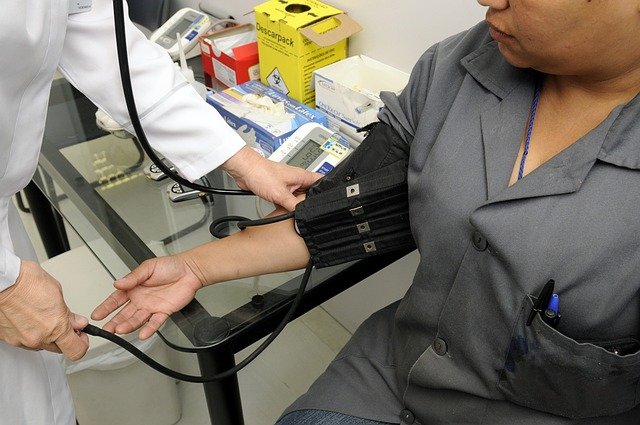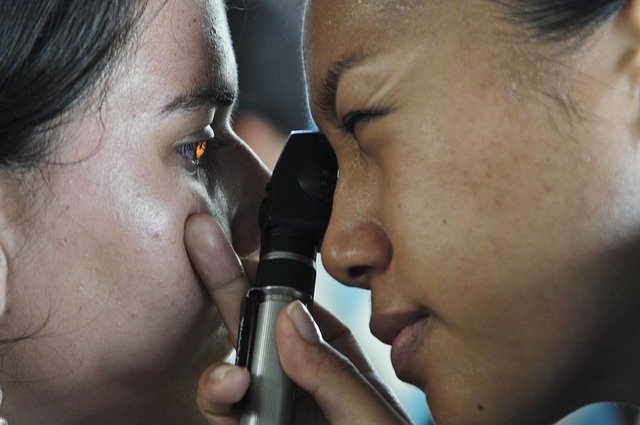Immunotherapy for Lung Cancer Treatment Options
Immunotherapy for lung cancer works by stimulating the body’s immune system to target and attack cancer cells. Treatments may include checkpoint inhibitors or vaccines. Effectiveness depends on cancer type and patient factors, often used alongside other therapies.

What Is Immunotherapy for Lung Cancer
Immunotherapy represents a revolutionary shift in cancer treatment that works by strengthening the immune system’s natural ability to fight cancer cells. Unlike chemotherapy, which directly attacks both healthy and cancerous cells, immunotherapy specifically trains the immune system to recognize and eliminate cancer cells while leaving healthy tissue largely unaffected. For lung cancer patients, this targeted approach often results in fewer severe side effects compared to conventional treatments.
The most common type of immunotherapy used in lung cancer treatment involves checkpoint inhibitors. These medications block proteins that prevent immune cells from attacking cancer cells, essentially removing the brakes from the immune system. This allows T-cells and other immune components to more effectively locate and destroy cancerous tissue throughout the body.
How Lung Cancer Immunotherapy Works
Lung cancer immunotherapy functions through several mechanisms, with checkpoint inhibitors being the most widely utilized approach. These drugs target specific proteins like PD-1, PD-L1, and CTLA-4, which cancer cells use to hide from the immune system. By blocking these checkpoint proteins, immunotherapy medications enable the immune system to recognize cancer cells as foreign invaders that need elimination.
Another form of immunotherapy involves CAR-T cell therapy, where a patient’s own immune cells are extracted, genetically modified to better fight cancer, and then reintroduced into the body. While less common in lung cancer treatment, this approach shows promise for certain patient populations who don’t respond to other immunotherapy options.
Monoclonal antibodies represent another immunotherapy approach, where laboratory-created antibodies are designed to bind to specific proteins on cancer cells, marking them for destruction by the immune system or directly interfering with their growth processes.
Benefits and Effectiveness of Treatment
Immunotherapy has demonstrated remarkable effectiveness in treating various types of lung cancer, particularly non-small cell lung cancer (NSCLC). Clinical studies show that some patients experience long-lasting remissions, with benefits continuing even after treatment completion. This durability distinguishes immunotherapy from chemotherapy, where benefits typically last only as long as treatment continues.
Response rates vary significantly based on factors like cancer stage, genetic markers, and overall patient health. Patients with higher PD-L1 expression levels often experience better outcomes with immunotherapy treatment. Additionally, immunotherapy can be combined with chemotherapy or radiation therapy to enhance overall treatment effectiveness.
The quality of life improvements associated with immunotherapy often exceed those seen with traditional treatments. Many patients report maintaining normal daily activities while receiving treatment, as side effects tend to be more manageable than those experienced with chemotherapy regimens.
| Treatment Center | Services Offered | Key Features |
|---|---|---|
| Mayo Clinic Cancer Centers | Comprehensive immunotherapy programs | Research-based protocols, multidisciplinary teams |
| MD Anderson Cancer Centers | Advanced immunotherapy options | Clinical trials access, personalized treatment plans |
| Memorial Sloan Kettering | Specialized lung cancer immunotherapy | Leading research programs, expert oncologists |
| Johns Hopkins Sidney Kimmel | Innovative treatment combinations | Academic medical center, cutting-edge research |
Side Effects and Management Strategies
While immunotherapy generally produces fewer severe side effects than chemotherapy, patients may still experience immune-related adverse events. Common side effects include fatigue, skin reactions, digestive issues, and flu-like symptoms. More serious but less common reactions can affect organs like the lungs, liver, or endocrine system when the activated immune system attacks healthy tissue.
Healthcare teams closely monitor patients receiving immunotherapy through regular blood tests and imaging studies. Early detection and management of side effects often prevent serious complications. Most immune-related side effects respond well to corticosteroids or other immunosuppressive medications when identified promptly.
Patient education plays a crucial role in successful immunotherapy management. Understanding potential side effects and knowing when to contact healthcare providers helps ensure optimal treatment outcomes while maintaining quality of life throughout the treatment process.
Treatment Duration and Follow-up Care
Immunotherapy treatment schedules vary based on the specific medication and patient response. Most treatments are administered intravenously every two to three weeks in outpatient settings. Treatment duration typically ranges from several months to two years, depending on how well the cancer responds and whether side effects develop.
Long-term follow-up care remains essential even after completing immunotherapy treatment. Regular imaging studies and blood work help monitor for cancer recurrence and assess any lingering treatment effects. Some patients may continue experiencing immune system activation benefits for months or years after treatment completion.
The decision to discontinue immunotherapy involves careful consideration of treatment response, side effects, and overall patient condition. Healthcare teams work closely with patients to determine optimal treatment duration while balancing effectiveness with quality of life considerations.
Immunotherapy represents a significant advancement in lung cancer treatment, offering hope and improved outcomes for many patients. While not suitable for everyone, this innovative approach continues evolving through ongoing research and clinical trials. Working with experienced oncology teams helps patients determine whether immunotherapy fits their specific situation and treatment goals, ultimately leading to more personalized and effective cancer care strategies.
This article is for informational purposes only and should not be considered medical advice. Please consult a qualified healthcare professional for personalized guidance and treatment.




